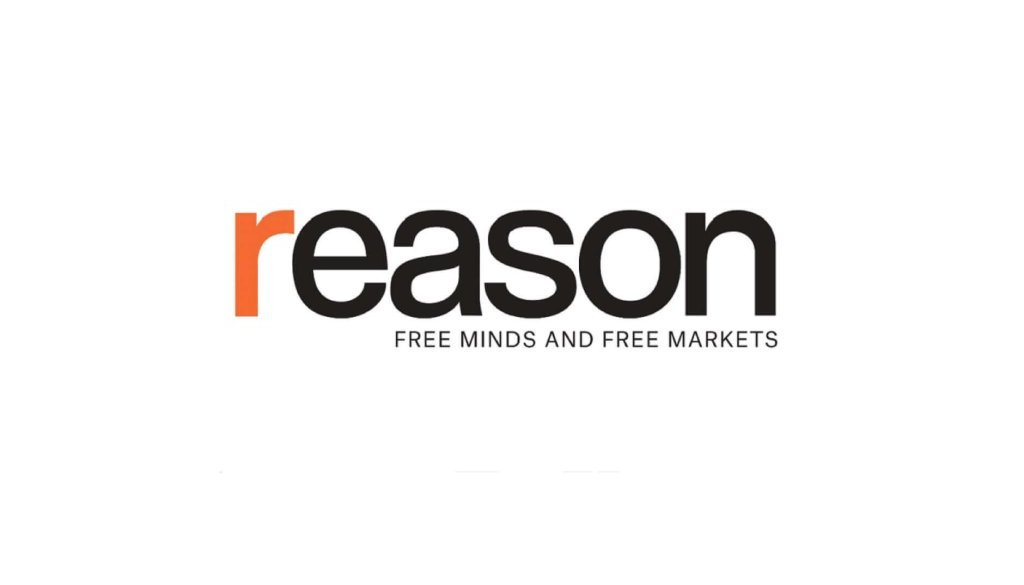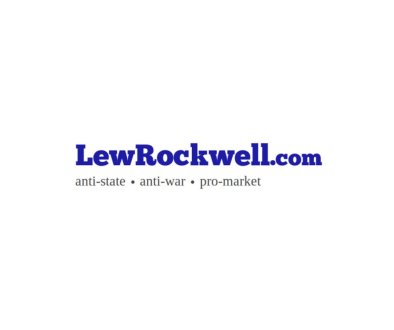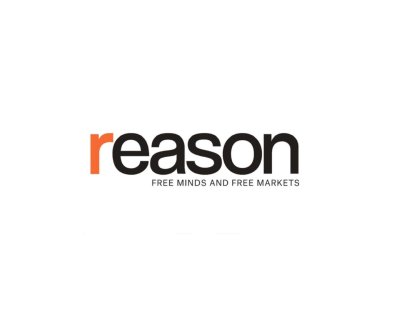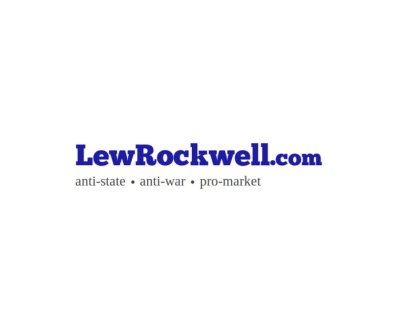Religion at the Supreme Court
Last month, the Supreme Court wrapped up its October 2024 Term, which included three church-state decisions. Each touched on long-running issues—public funding for religious schools, the definition of “religious” for purposes of exemptions, and parental rights in public education. But only one case, Mahmoud v. Taylor, resulted in a major ruling. The two others, for different reasons, turned out to be less eventful.
Start with Oklahoma Statewide Charter School Board v. Drummond, a case that could have clarified whether religious charter schools are permissible under the Establishment Clause. The Oklahoma Supreme Court had barred a proposed Catholic charter school, St. Isidore, reasoning that it qualified as a state actor. St. Isidore argued it was more akin to a private contractor participating in a public program—like in Espinoza and Carson, two earlier school funding cases—and thus eligible for equal treatment.
The Supreme Court granted cert, but Justice Barrett recused herself—most likely because Notre Dame’s Religious Liberty Clinic was deeply involved in the litigation. That led to a 4–4 split, affirming the Oklahoma ruling without setting precedent. Had Justice Barrett participated, she likely would have sided with the conservatives, and the case might have opened the door to religious charter schools nationwide. As it stands, the issue remains unresolved and will likely return.
Catholic Charities Bureau v. Wisconsin Labor and Industry Review Commission also failed to result in a major holding. The case concerned tax exemptions for religious organizations. Wisconsin exempts nonprofits that operate “primarily for religious purposes,” but denied the exemption to certain Catholic social service agencies because, as matter of belief, t
Article from Reason.com

The Reason Magazine website is a go-to destination for libertarians seeking cogent analysis, investigative reporting, and thought-provoking commentary. Championing the principles of individual freedom, limited government, and free markets, the site offers a diverse range of articles, videos, and podcasts that challenge conventional wisdom and advocate for libertarian solutions. Whether you’re interested in politics, culture, or technology, Reason provides a unique lens that prioritizes liberty and rational discourse. It’s an essential resource for those who value critical thinking and nuanced debate in the pursuit of a freer society.




